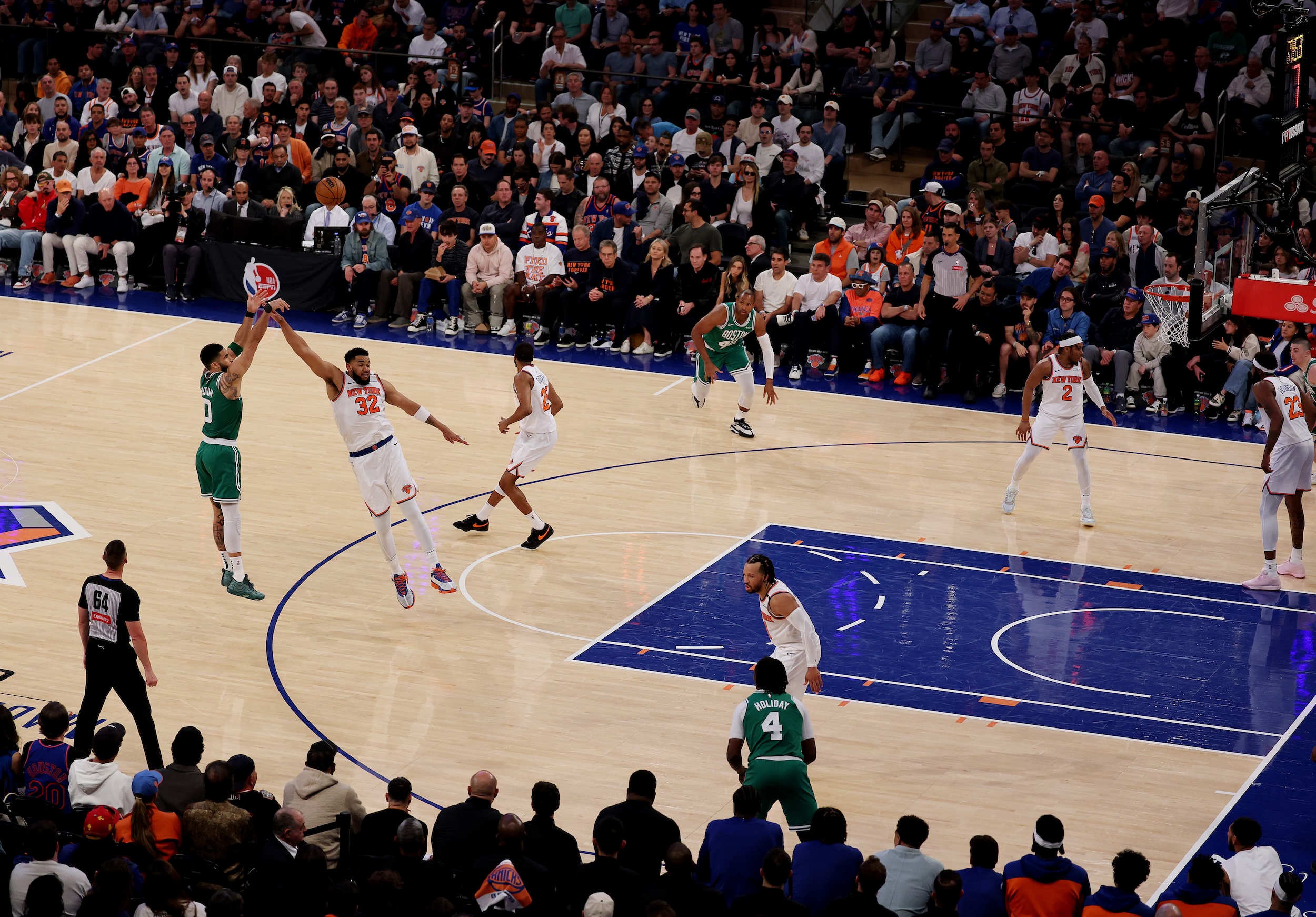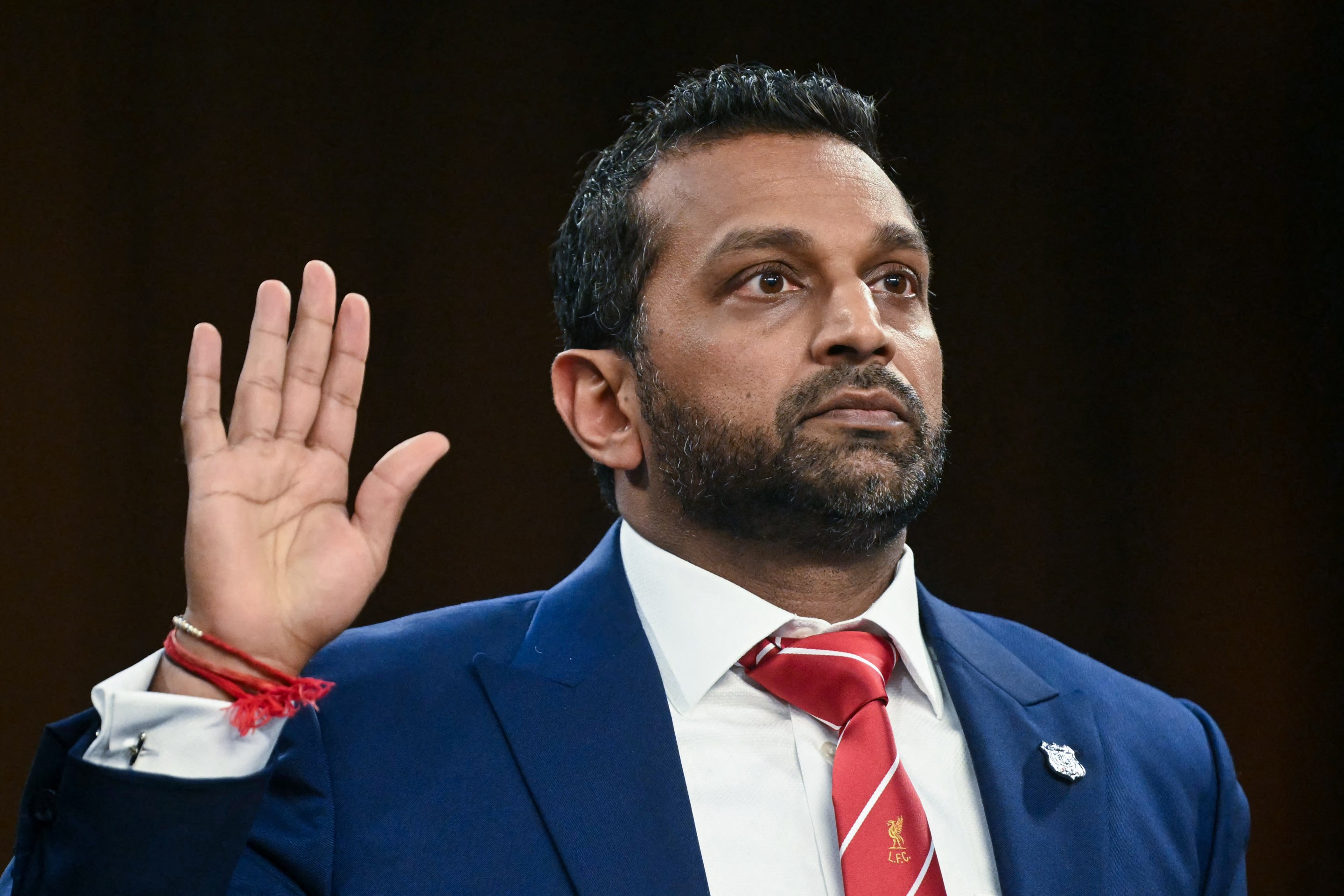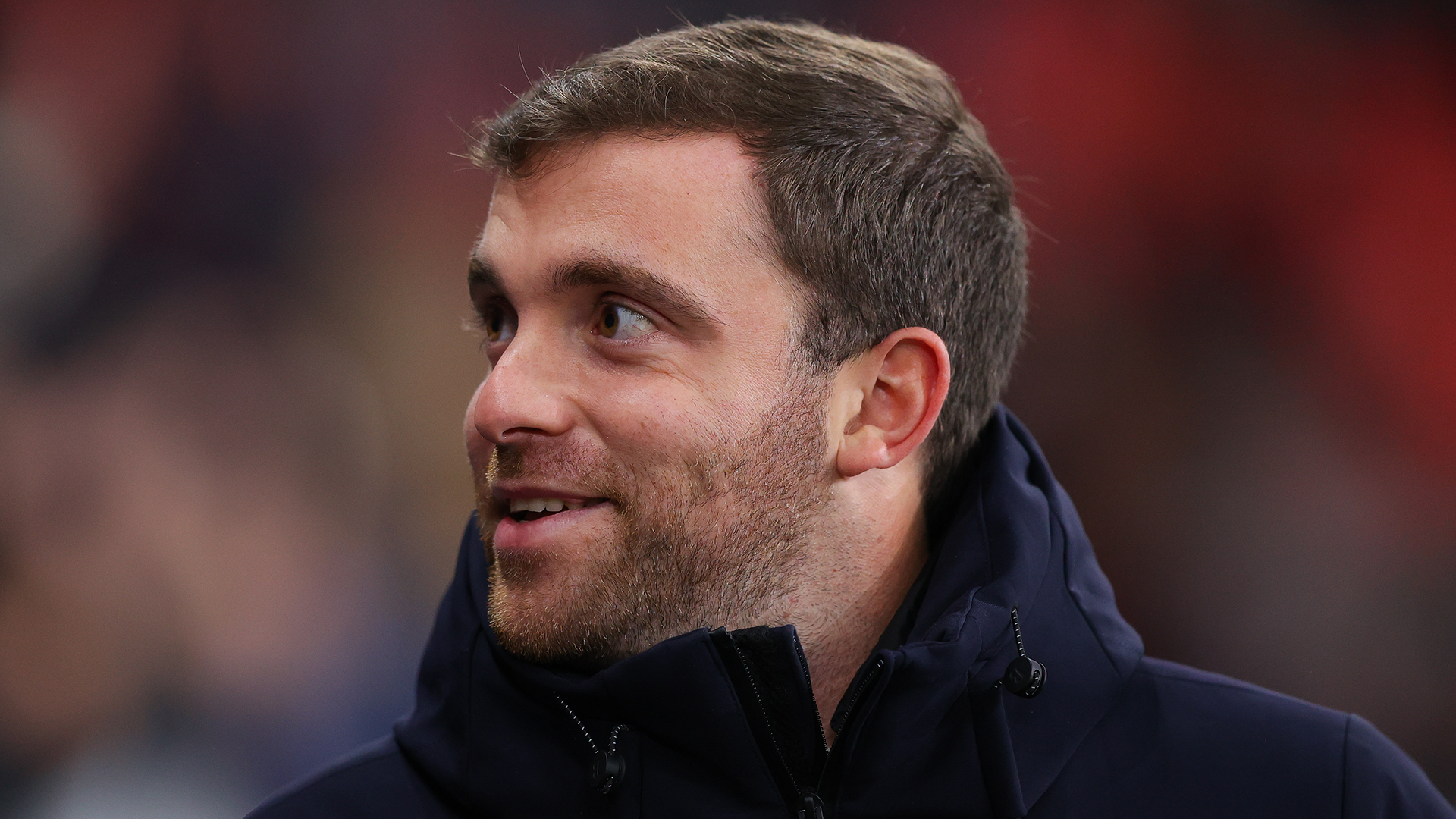The Boston Celtics and New York Knicks have played 149 minutes across three games of their second-round playoff series. The Celtics—the higher-seeded team and the defending NBA champions—have led outright for about 128 minutes of that time, and the teams have spent about another 11 minutes tied, meaning the Knicks have led in this series for a little over 10 total minutes. The Celtics have gained leads of at least 20 points in each game, while the Knicks have never led by double digits; they have, in fact, never once had a three-possession lead. This isn't a real metric, I may have just made it up while I sat here, but: If you total together New York's maximum lead from each of the three games, and then multiply the sum by the total minutes they've spent in the lead, you get 90. If you do the same for the Celtics—20 points in Game 1, another 20 in Game 2, 31 points in Game 3, added together and then multiplied by total time in the lead—you get 9,088.
This is very dumb, meaningless math, but for some weird reason I have always been tickled by one number being way huger than another number. The Knicks have 90 units of advantage through three games, against Boston's 9,088: Wow! And also: Ha! By my dumb metric, it would be absolutely ludicrous to guess that the team holding the overall lead in the series today is the New York Knicks. But here we are! Boston needed a win Saturday to avoid falling into a 3–0 hole in a matchup that they have otherwise absolutely dominated.
They managed it, and easily enough that I can feel a shrug mounting in my shoulders. Well, yes, what did you expect from a team that had huge commanding leads through the first two games of the series? For the third straight game, the Celtics were way better than the Knicks into the third quarter—only this time they simply declined to lose. Mike Breen talked early in the game about expecting some desperation from the visitors, but to my eye the Celtics seemed pretty calm in the game's early stages, their confidence perhaps buoyed by their very recent experiences building huge leads over this particular opponent. Jaylen Brown was maybe a little bit more decisive about getting to his spots earlier in possessions, and the Celtics overall seemed less committed to matchup hunting. But most importantly, Boston made some three-pointers. Since this is basically Boston's entire deal under Joe Mazzulla, it would be deeply silly to cast around for another story for why Game 3 was different.
You are going to read some to their credits in your tour of Game 3 recaps. "To Boston's credit," says James Edwards III, Knicks beat writer for The Athletic, "it stuck to its bread-and-butter," which in this formulation means launching lots of threes. OK, yes, sure: Boston had reason to expect that it would not continue to shoot threes quite so poorly, and so they fed themselves the same shot diet, and it worked. Much of what makes these Celtics an infuriating team to watch—and to think about—is that they were sunk in two straight home games pretty unambiguously by the very thing that they are being credited for today. When a team loses one game and wins the next, the least satisfying conclusion to be reached is that some shots that they missed the first time went in the second. If the Celtics go cold in Game 4 and lose on the same bread-and-butter-only diet, will that also be to Boston's credit? What if they drop the series? At what point will it cease to be to Mazzulla's credit that his team refuses to do anything else?
The Celtics made lots of threes Saturday, but otherwise weren't super impressive: Tatum and Brown made a combined 39 percent of their shots; Kristaps Porzingis failed to make a basket; the 40 threes the team attempted were actually 20 percent fewer than they averaged per game in the regular season. But they made a full half of them, and won going away. Even The Athletic's Celtics beat writer, Jared Weiss, is having a hard time with this, twisting himself and the English language into some very painful knots Saturday night pondering whether Boston's better shooting in Game 3 comes not only from dreary actuarial persistence:
The Celtics have to grow and adjust to the reality of their competition. They live an idealized version of themselves and the sport itself. Hit more threes than your opponent and somehow magically overcome whatever shortcomings linger.
It’s a widely discussed narrative because the intricacies of the game are a lot more complicated than reading the box score. But Occam’s razor exists to cut through narratives, and it was right early on. The Celtics’ greatest strength and greatest flaw is their persistence. They brick 20 threes, and they’ll brick 20 more if it’s the right shot. This series has made Mazzulla and his team think about what the word “right” means in their context.
Threes are not a monolith. There are different types of shots built by different processes. The same shot can feel different when a team is spamming them in transition instead of carefully creating them. Playing percentages is just gambling on chance, even when the odds are highly in your favor. Value does not equate process, and Game 3 showed how the Celtics have responded through process.
I simply do not understand my own mother tongue well enough to know whether or not Weiss and I agree about this "idealized version of themselves and the sport itself" business, but I'm sure that when a person finds themselves having the thought "threes are not a monolith," it is very definitely time to close the laptop and go to bed. This is what the Celtics will do to a person: You want there to be some reason why a good team drops two games at home and then wins the next one on the road in a huge blowout, and the brain of a basketblogger has a very hard time with the reason being, in its entirety, ball go in. Thus, Weiss has talked himself into Game 3 being about the Celtics "letting go of that apathetic augmenting of opportunity so they can put their personality back into their play."
Ball go in, man. Sometimes, ball go in.
That is not to say the Knicks should sit around and wait for the ball to stop going in. Their defense at the point-of-attack was not sharp early in Game 3, and their rotations were several tads slow. Then the score was way out of hand, and Boston was refusing to go Hare Mode, and that was that. The Celtics, recent form notwithstanding, are an excellent three-shooting team: If you need them to miss 75 percent of their three-pointers in order to win by a single possession, and you need that to repeat four times in seven games in order to advance, probably you are screwed.
The Knicks might be able to shave away some of Boston's 9,088 advantage units by pushing Karl-Anthony Towns a little higher up the floor against pick-and-rolls, so that Jayson Tatum is not walking into a perfectly comfortable three-pointer from the top of the key. Either way, the Knicks are going to need a lot more from their offense, which is why Towns's hand injury Saturday is ominous, and potentially fatal. The Celtics are making his backup, Mitchell Robinson, unplayable by fouling him intentionally when they are in the bonus: Robinson missed 8-of-12 free throw attempts Saturday, a level of futility that entirely wipes out the advantages the Knicks gain from his rim protection and offensive rebounding.
The Knicks can't afford to wait around for Robinson to find his stroke. "If he’s making, he stays. If he’s not, we got to get him out," said head coach Tom Thibodeau, after Saturday's loss. New York's third center-like player, Precious Achiuwa, has touched the court for a grand total of 11 minutes in these playoffs. An injured KAT and an exploitable Robinson put Thibodeau into a hell of a bind, and this man already hates using more than the absolute bare minimum of players.
So the job in front of the Knicks remains daunting, despite their home-court advantage. The Celtics are roundly outplaying them through three games, and for the vast majority of the series have seemed like pretty definitively the better team. If the Celtics make a bunch of their threes, they'll win by a lot; if they make a normal number of their threes, they'll probably still win. If the Celtics miss, like, a hysterical number of threes, the Knicks can erase a huge margin at the last moment and win by a bucket or two. We haven't even gotten to what happens if the Celtics mix it up, assert other of their advantages, and rely a little bit less on game theory. Thankfully for the Knicks, they can rely on the Celtics never getting there, either.






